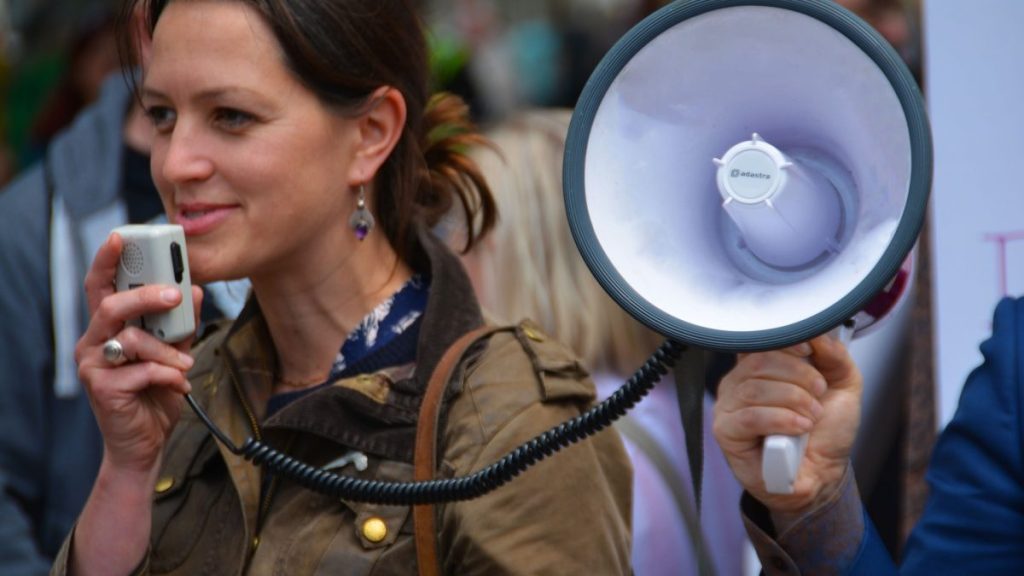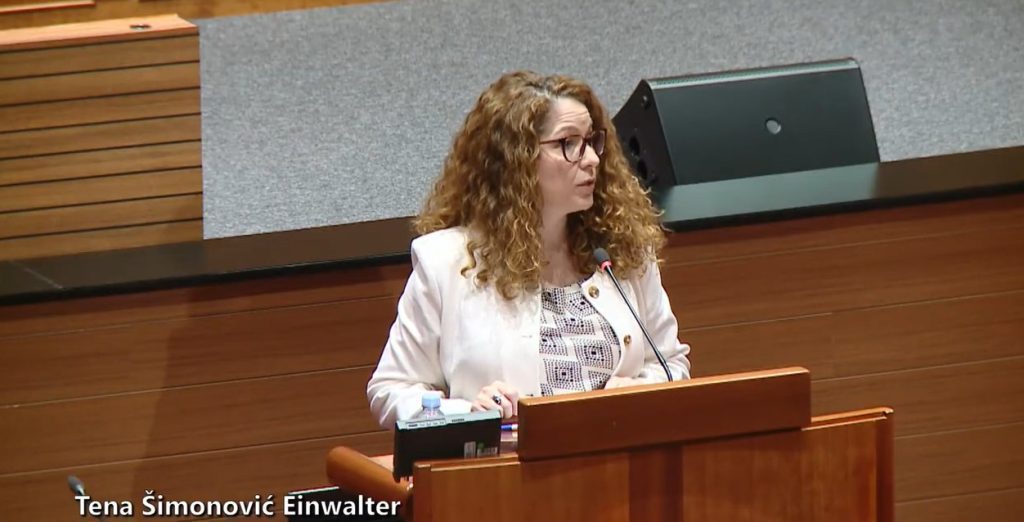Ombudswoman Lora Vidović has submitted 2017 Report to the Croatian parliament. As the most important working tool of the institution, it contains the analysis and human rights assessment in Croatia for the last year as well as 231 recommendations for elimination of systemic problems.
In 2017 citizens continued encountering almost the same problems as in earlier years. A fifth of them lives in the risk of poverty, which is many times more frequent in rural areas. At the same time, the social subsidies do not cover basic living needs. The system of debt enforcements is still neither efficient nor fair, since it generates additional debts to debtors, and makes more difficult for creditors to collect their claims.
Citizens lack sufficient information on their rights, which is why they do not invoke protection mechanisms; hence, a great distrust in institutions plays a significant role in preserving that vicious circle. In numerous everyday situations, an uneven access to the rights is observed, which is manifested, for example, in longer waiting lists for health services. The absence of some key legal provisions and strategic documents is also worrisome, for example those regulating social housing, work of agencies for the financial claims repayment, homelessness or civil society support, as well as National programme for the protection and promotion of human rights.
A precarious status of employees has also been of great concern since they are often forced to choose between enduring violations of their rights, losing their job and leaving Croatia. For the first time, the most citizens’ complaints to the Ombudswoman referred to the labour rights and, at the same time, the area of work and employment is the most frequent in the discrimination complaints. As in previous years, regardless the area, most discrimination complaints are on the grounds of ethnicity, affecting mostly members of Roma and Serb national minorities and the asylum seekers, due to a number of reasons: lack of basic living conditions, integration policies but also because of hate crimes to which they are exposed to. Within the National Preventive Mechanism’s mandate there have been no systemic improvements recorded as well.
Intolerance towards different groups and opinions unfortunately remained a characteristic of the public sphere, and the lack of dialogue and constructive discourse as well as absence of an adequate and timely condemnation of unacceptable content in the public sphere, contribute to spreading of the sense of apathy and social stagnation.
The Report also contains some positive achievements, particularly those created as results of the Ombudswoman’s recommendations, for example, stronger protection of elderly from domestic violence or economic exploitation and the announcement of introduction of a social pension. It is also emphasised that after 2015 Ombudswoman’s appointment as ENNHRI Chair, in 2017 her Deputy has started charring EQUINET, so in the next period the Office of Ombudswoman will lead two most important networks in the field of human rights and anti-discrimination in Europe.
The analysis and the human rights assessment in this Report were prepared based on citizens’ complaints, fieldwork, research and the data provided by the state institutions, NGOs, trade unions, professional and academic associations, religious organisations and others. The aim of 231 recommendations is prevention of human rights violations and their implementation can support long-lasting advancements of the quality of life in Croatia, and the connection is still insufficiently recognised in the context of demographic revitalisation and halting emigration.
The full Report is for now available only in Croatian, here.




